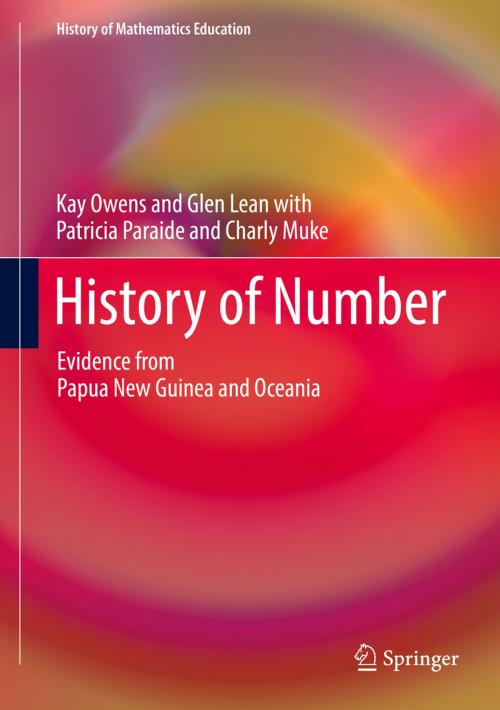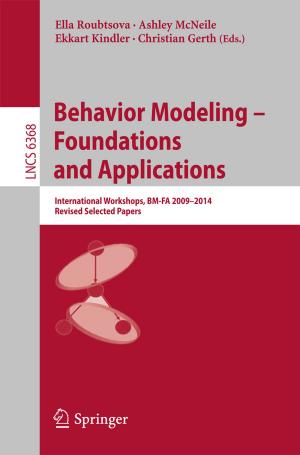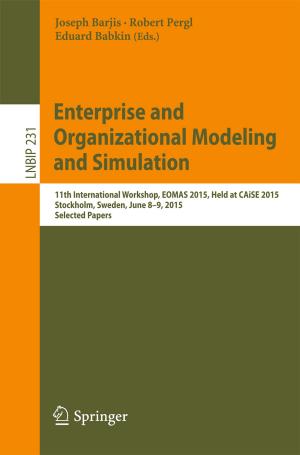History of Number
Evidence from Papua New Guinea and Oceania
Nonfiction, Science & Nature, Mathematics, History, Reference & Language, Education & Teaching, Teaching, Teaching Methods| Author: | Glen Lean, Patricia Paraide, Charly Muke, Kay Owens | ISBN: | 9783319454832 |
| Publisher: | Springer International Publishing | Publication: | October 24, 2017 |
| Imprint: | Springer | Language: | English |
| Author: | Glen Lean, Patricia Paraide, Charly Muke, Kay Owens |
| ISBN: | 9783319454832 |
| Publisher: | Springer International Publishing |
| Publication: | October 24, 2017 |
| Imprint: | Springer |
| Language: | English |
This unique volume presents an ecocultural and embodied perspective on understanding numbers and their history in indigenous communities. The book focuses on research carried out in Papua New Guinea and Oceania, and will help educators understand humanity's use of numbers, and their development and change. The authors focus on indigenous mathematics education in the early years and shine light on the unique processes and number systems of non-European styled cultural classrooms. This new perspective for mathematics education challenges educators who have not heard about the history of number outside of Western traditions, and can help them develop a rich cultural competence in their own practice and a new vision of foundational number concepts such as large numbers, groups, and systems. Featured in this invaluable resource are some data and analyses that chief researcher Glendon Angove Lean collected while living in Papua New Guinea before his death in 1995.
Among the topics covered:
-
The diversity of counting system cycles, where they were established, and how they may have developed.
-
A detailed exploration of number systems other than base 10 systems including: 2-cycle, 5-cycle, 4- and 6-cycle systems, and body-part tally systems.
-
Research collected from major studies such as Geoff Smith's and Sue Holzknecht’s studies of Morobe Province's multiple counting systems, Charly Muke's study of counting in the Wahgi Valley in the Jiwaka Province, and Patricia Paraide's documentation of the number and measurement knowledge of her Tolai community.
-
The implications of viewing early numeracy in the light of this book’s research, and ways of catering to diversity in mathematics education.
In this volume Kay Owens draws on recent research from diverse fields such as linguistics and archaeology to present their exegesis on the history of number reaching back ten thousand years ago. Researchers and educators interested in the history of mathematical sciences will find History of Number: Evidence from Papua New Guinea and Oceania to be an invaluable resource.
This unique volume presents an ecocultural and embodied perspective on understanding numbers and their history in indigenous communities. The book focuses on research carried out in Papua New Guinea and Oceania, and will help educators understand humanity's use of numbers, and their development and change. The authors focus on indigenous mathematics education in the early years and shine light on the unique processes and number systems of non-European styled cultural classrooms. This new perspective for mathematics education challenges educators who have not heard about the history of number outside of Western traditions, and can help them develop a rich cultural competence in their own practice and a new vision of foundational number concepts such as large numbers, groups, and systems. Featured in this invaluable resource are some data and analyses that chief researcher Glendon Angove Lean collected while living in Papua New Guinea before his death in 1995.
Among the topics covered:
-
The diversity of counting system cycles, where they were established, and how they may have developed.
-
A detailed exploration of number systems other than base 10 systems including: 2-cycle, 5-cycle, 4- and 6-cycle systems, and body-part tally systems.
-
Research collected from major studies such as Geoff Smith's and Sue Holzknecht’s studies of Morobe Province's multiple counting systems, Charly Muke's study of counting in the Wahgi Valley in the Jiwaka Province, and Patricia Paraide's documentation of the number and measurement knowledge of her Tolai community.
-
The implications of viewing early numeracy in the light of this book’s research, and ways of catering to diversity in mathematics education.
In this volume Kay Owens draws on recent research from diverse fields such as linguistics and archaeology to present their exegesis on the history of number reaching back ten thousand years ago. Researchers and educators interested in the history of mathematical sciences will find History of Number: Evidence from Papua New Guinea and Oceania to be an invaluable resource.















